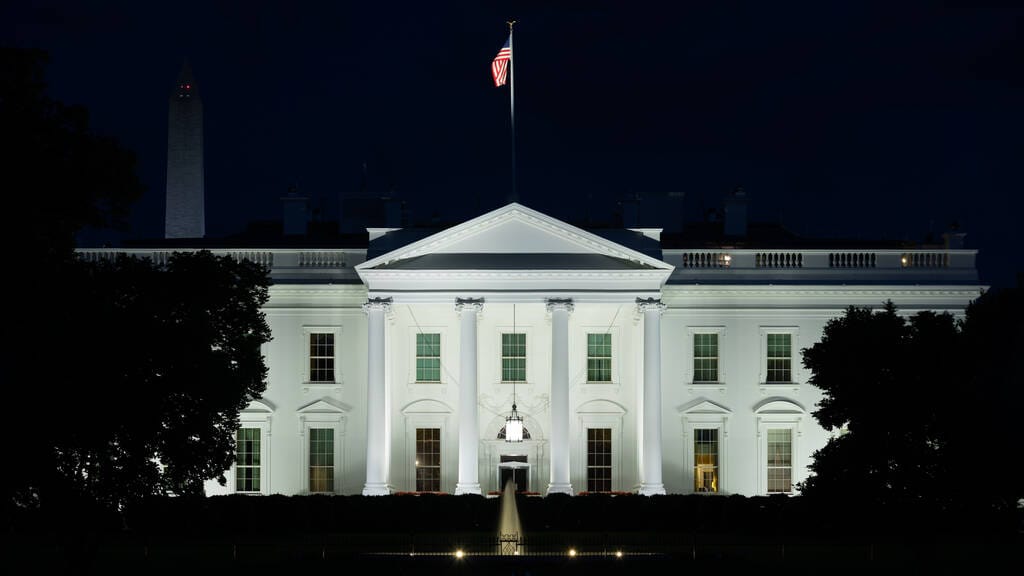California is on the cusp of a potential demographic and economic crisis driven by the heightened immigration enforcement policies of President Donald Trump. The state’s dependence on a diverse immigrant workforce puts it at risk of losing both electoral representation and economic vitality if these policies deter immigration.
During Trump’s previous term, California experienced a decline in population partly due to a slowdown in immigration, exacerbated by the challenges posed by COVID-19. The Newsom administration has flagged these trends in its budget forecasts, recognizing that decreased immigration could directly jeopardize key industries reliant on undocumented workers, such as hospitality and construction. These sectors are vital for California’s economy, and the state’s tech industry, which heavily employs highly educated immigrants, also stands to suffer.
Crucially, California’s ability to maintain its congressional representation may be in jeopardy. With population growth tied to immigration trends, the state risks losing electoral votes if it cannot offset out-migration with a steady inflow of new residents. As historical patterns suggest, a halt in immigration could profoundly alter California’s compositional landscape, leading to diminished political clout.
Furthermore, the economic implications could be severe. Estimates indicate that a mass deportation of undocumented workers could reduce the state’s GDP significantly. This demographic group, which often fills roles that legal residents are less willing to accept, has become essential to the state’s labor market. Their departure could hit the California economy hard, potentially disrupting sectors already struggling with labor shortages.
The politically charged climate surrounding immigration continues to evolve, with Trump’s recent remarks suggesting a focus on urban centers and signaling intentions to expand enforcement actions. The reaction from business groups highlights widespread concern over the ramifications of such policies. A significant portion of California’s economic fabric is intertwined with immigrant contributions, and efforts to reduce that workforce could invite both immediate fiscal challenges and long-term structural changes to the state’s economy.
In summary, California stands at a crossroads where the outcome of national immigration policy could redefine its population dynamics, political representation, and economic resilience, making the upcoming years critically important for both state leadership and residents alike.
via calmatters.org


